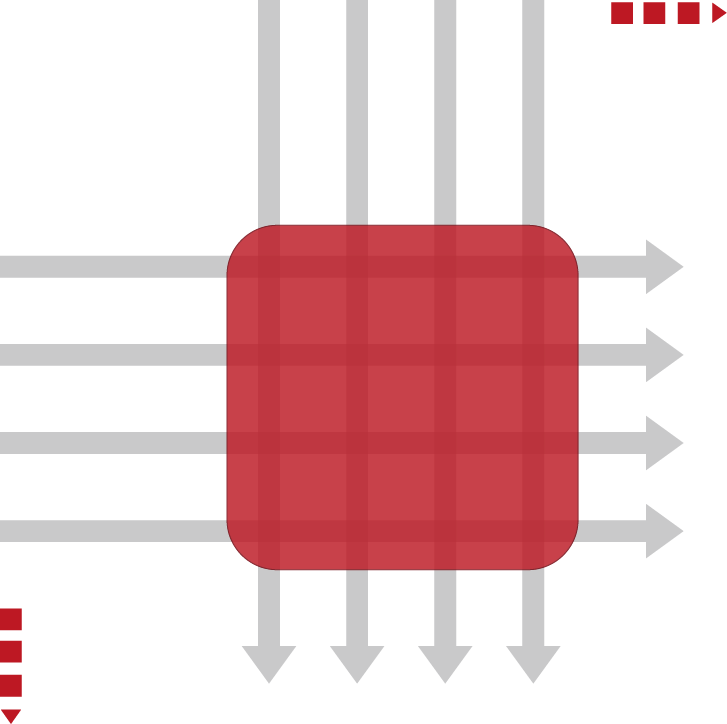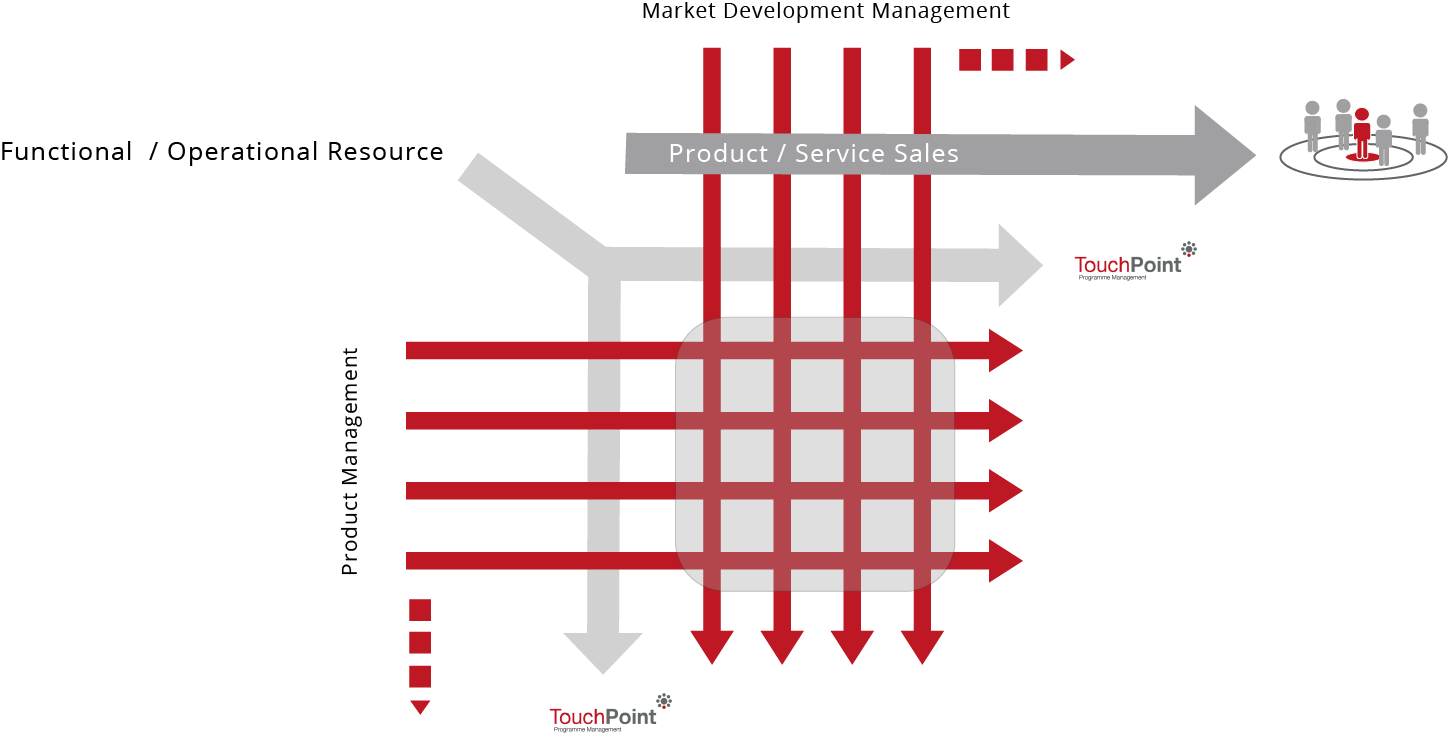.jpg?crc=276195971)
________
STRATEGIC DIRECTOR
PRODUCTS
MARKETS

Workshops
The Product Management Methodology is a unique, holistic management 'workflow'/ 'framework' that pro-actively and efficiently guides the multidisciplinary team from 'Product Innovation' through 'Active LifeCycle' to 'Product Withdrawal' with repeatable precision.
• Once deployed, the workflow results in the professional and cohesive management of products throughout the business unit.
• Strategic Intent is delivered with confidence and transparency, risk assessed and nothing left to chance.
• Management traceability of strategic actions across all functional areas- leading to delivery, ownership and accountability.
Strategic Management (Directors and or Senior Management), Market Development and Product Managers must all work together in order to align business capabilities and to subsequently agree a common set of business goals / objectives (this is often an iterative process as stated above). Discussion and analysis will typically cover the following primary aspects;
- Overall vision and goals
- Market attractiveness
- Target market requirements ~ segmentation based
- Product portfolio requirements
- Competitor analysis
- Business core competence and alignment
- Critical success factors
- Finance ~ the availability of suitable funds
- Risk assessment / analysis
- Timeframes
Subsequent analysis will then be used to directly scope top level product portfolio requirements. The specific need for individual products will be driven by; a) the type of product or service being offered, and b) whether the product itself provides a complete solution from a customer perspective. It is often the case that individual products do not (intentionally or otherwise) offer a complete ‘customer solution’ and as such have to be complemented by other products within the product portfolio (or sourced separately).
The resultant matrix is directly representative of how a specific target market will be addressed with a defined product portfolio. It should also be noted that several additional matrices may be required (cascaded) to comprehensively address all targeted opportunities by geographic, sector and segment as shown below.
Market segmentation and subsequent strategic planning activities are therefore critical to the business planning process which in turn becomes part of the tactical implementation plan. The knock on effect of poor or non existing planning at this stage will inevitably lead to expensive mistakes being made.
Taking the above principles into account ‘Market Development’ is a (prerequisite) complementary management discipline to that of ‘Product Management’ (appearing adjacent to Product Management on the Matrix). The primary role of ‘Market Development’ is to focus on ‘market solutions’ and manage resultant offerings in alignment with business objectives and market deviations. Idiosyncrasies of the target market are typically defined and understood within the ‘Market Development’ activity and potentially could lead to further primary and secondary Market Segmentation.
It is therefore of paramount importance for Market Development Managers to work closely with Product Managers during the ‘product definition phase’ if nuances are not to be missed and genuine ‘innovative features’ (with related benefits) are to be included.
Despite being adjacent disciplines on a matrix there are real similarities in the role of Product Management and Market Development. The business planning architecture and associated ‘elements’ (business process) do remain common and as such the PMM™ process can be extended to include the Market Development activity.
Portfolio Management
______

Product Management Transformation
______
Method in Action...
PMM comprises proven method to guide the Product Manager and the multidisciplinary team through the complexities of product / service management in a robust and repeatable manner.
Method by definition in this context, is the way products / services are planned so that action can be taken in an orderly and systematic way with the provision of requisite resources. Right method is crucial to success, as is the ability to optimise the method to achieve best results - the PMM process offers this flexibility.
Right method ensures change is directed toward continuous improvement.
In practice the methodology is an eminently scalable end to end Product Management work flow process. Once deployed it enables ‘Product Managers’ to manage their products in a robust and yet flexible manner via a continuous business planning activity.
The process can be used as a powerful catalyst for change itself or be part of a much larger transformation project. ...It is often the case that the implementation of the PMM process is part of a larger business transformation project but it is equally applicable to specific business units or individual product lines.
PM Cultural Transformation
______
All organisations are bound by their culture and the cultural style determines the quality of organisational performance. It is, however, the Cultural Environment that motivates individuals within the company and a culture of continuous improvement is dependent upon creative innovation. A business culture can be described as having 3 systems...
1. Organisation (management of systems)
2. Goal-Orientation (vision and purpose)
3. Motivation (beliefs and values
…When the three systems are in unison they give meaning and purpose to life and work.
‘A culture is created by design or will occur in default’
______
Culture change is a process of re-organisation of…
- Methods and Values
- Perceptions and Attitudes
- Relationships and Behaviour
- Status and Responsibilities
what are the reasons for cultural change ...
______
- Business diversification
- Crisis
- Acknowledgement that things have to change…
- Implementation of a survival strategy
- Amalgamation, acquisitions or re-organisation
- Response to a new business vision
A culture can be designed and honed or by default we make do with what we have.
- Social conditions provide the structure and systems (Organisation)
- Culture gives meaning and purpose to the organisation (Goal-Orientation)
- Cultural style determines motivation (Traditional or Creative)
In alignment with above principles IPM understands the complex dynamics and importance of the management of cultural change when implementing or introducing mission critical product management processes. We offer a range of culture management mapping tools that complement the PMM process (...or they can simply be delivered as a powerful stand alone ‘toolkit’ and used autonomously as required)
PMM Strategic Deployment
______
We offer a robust yet highly flexible project deployment programme for the PMM™ please contact us to discuss your specific requirements. We are able to offer expert resource and consultancy before during and after project deployment.

